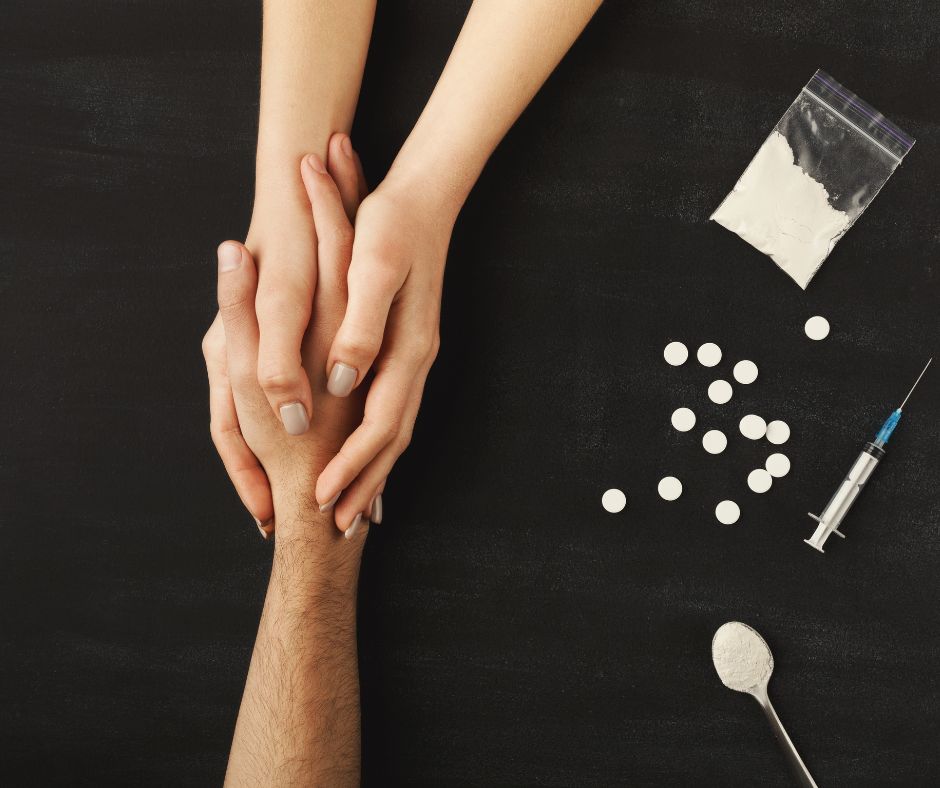Treatments
Drug and Alcohol Detox
In the process of detoxing from their addiction, what should a patient anticipate?
It is important to keep in mind that detoxification treatment is only the first step in the recovery process and should not be seen as a finished treatment program. After completion of an intensive treatment program consisting of both inpatient and outpatient sessions, the next step will be the formulation of a recovery and relapse prevention strategy.
When a person becomes dependent on alcohol, drugs, or both, they are battling demons on both the physical and mental levels.
In detox, the physical aspect of treatment is addressed in two different ways:
When a someone stops using a substance, they may experience withdrawal, which is accompanied by physical symptoms. If it is not done in an atmosphere where medical supervision is present, withdrawal can range from being a small annoyance to being exceedingly unpleasant and even life-threatening.
Elimination of toxins and other potentially hazardous things from the body.
During the process by which the body rids itself of alcohol’s toxins, common side effects include the following:
Concern or worry
Anxiety and unease
Pain in the head
thoughts that defy logic or reason
Disquiet and Anxiety
Easily irritated
A higher than normal blood pressure
Rapid beating of the heart
Symptoms of nausea
Epileptic fits
trembling violently
If the detox process is rushed, more severe withdrawal symptoms may result. The process of eliminating toxins needs to be monitored.


Inpatient Treatment
You can learn during a normal evaluation that there are particular circumstances where inpatient rehab is a fantastic choice. These may consist of:
Severe drug or alcohol abuse: Rehab can assist in managing the demanding withdrawal symptoms if you use drugs or alcohol frequently or excessively, even to the point where your life may be in danger. It can also be a great location to begin the process of making a change for the better.
Living with other drug or alcohol addicts or having a chaotic family environment can hinder your recovery. You can reenergize and refocus on leading a better life by taking some time off.
Not responding to lesser levels of care: Rehab can provide you with the extra assistance you need to succeed if you’ve tried outpatient or intense outpatient programs but are having trouble staying sober at home.
Recently completed a drug detox program: The medically controlled detox is the first and most important phase of care for some, particularly chronic alcohol or opiate users. But the main work starts after the substance leaves your body. For instance, alcohol rehab can assist you in identifying the core causes of how alcohol came to rule your life and in taking action to address these issues.
When seeking treatment for the first time, you’ll want to use every resource at your disposal to ensure success. This kind of drug treatment provides 24-hour support to help you transform your life and avoid relapse.
Change of environment: Taking a break from the stressful existence that gave rise to your addiction can occasionally be all it takes to spark your desire to reenergize your life.
The likelihood of co-occurring disorders is a key advantage of inpatient rehabilitation. Many individuals use drugs or alcohol to treat an underlying mental illness, which can be detected during intake.
Outpatient Treatment
Outpatient rehab is a type of alcohol or drug treatment that enables patients to continue working or attending school while living at home (or in another secure and therapeutic location, such sober living). In outpatient rehab, patients frequently go to a treatment facility, hospital, mental health facility, or behavioral counselor during particular times and days of the week. Some outpatient rehab programs provide evening and weekend sessions, which makes it simpler for patients to manage their need for treatment with their personal, family, and work commitments.
The degree of outpatient drug rehabilitation programs varies. The locations for outpatient addiction treatment can also vary; they might occur in drug and alcohol rehab facilities, community clinics, mental health clinics, clinics connected to hospitals, offices, or residential facilities that offer outpatient clinics.
Regardless of whether it is offered as an inpatient or outpatient program, addiction rehab treatment considers the unique needs of each patient. Occupational or recreational therapy, psychotherapy, family therapy, medication for addiction treatment, group and individual counseling, family therapy, education sessions, occupational or recreational therapy, and other treatment services may all be included in outpatient treatment. The patient’s needs and the program’s availability are taken into account while choosing and scheduling therapies.
Due to its flexibility and lower cost, outpatient drug or alcohol treatment can often be preferred for recovering from a substance use disorder. It is also just as effective as programs offered on an inpatient basis. Although initially receiving treatment as an outpatient may not be the preferable method of care in some circumstances, the majority of people in recovery from a substance use disorder will discover that they eventually need to switch to this type of care.


Residential Treatment
People can recover from addiction and get sober by undergoing residential treatment. The person receives therapies such as therapy and counseling sessions, medicine, and other services throughout the course of one to two years on average. These programs can be 12-step, alternative, or religiously based. The most crucial aspect is that they offer a secure setting where the client can heal and form new friendships and support networks.
While undergoing treatment for addiction or detox, some people enroll in a residential program. Others decide to go it alone following a family and friend intervention. Whether you choose individual counseling, group therapy, or medication, it is ideal to have a team behind you while you overcome your addiction. These programs can be 12-step, alternative, or religiously based. The most crucial aspect is that they offer a secure setting where the client can heal and form new friendships and support networks.
The person receives therapies including therapy and counseling sessions, medication, and other services during these programs, which normally last two years.
Admitting that you need assistance with your addiction is the first step. It’s crucial to comprehend what you’re doing to yourself physically, emotionally, socially, etc. before continuing because you might not be aware of how your actions are impacting those around you.
Before enrolling in the program, it could be simpler for some people to speak with a therapist, counselor, or psychiatrist. You can become ready for what lies ahead and acquire the tools you need to manage your addiction on a daily basis by attending treatment once or twice a week.
Get Help Here
Have any questions? Contact us about any questions you have about addiction, finding help and other rehab resources.